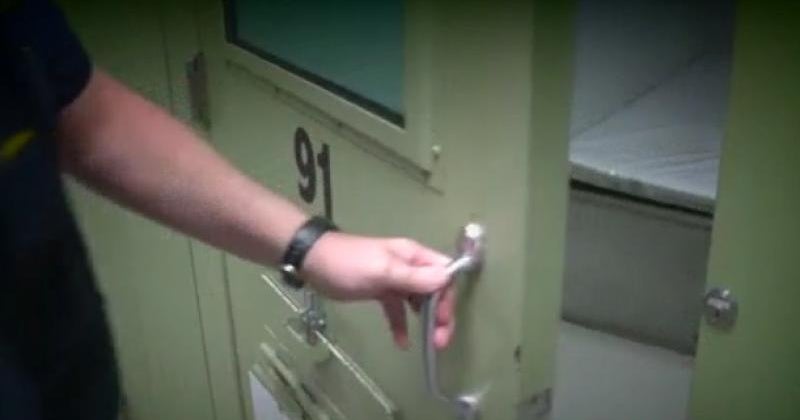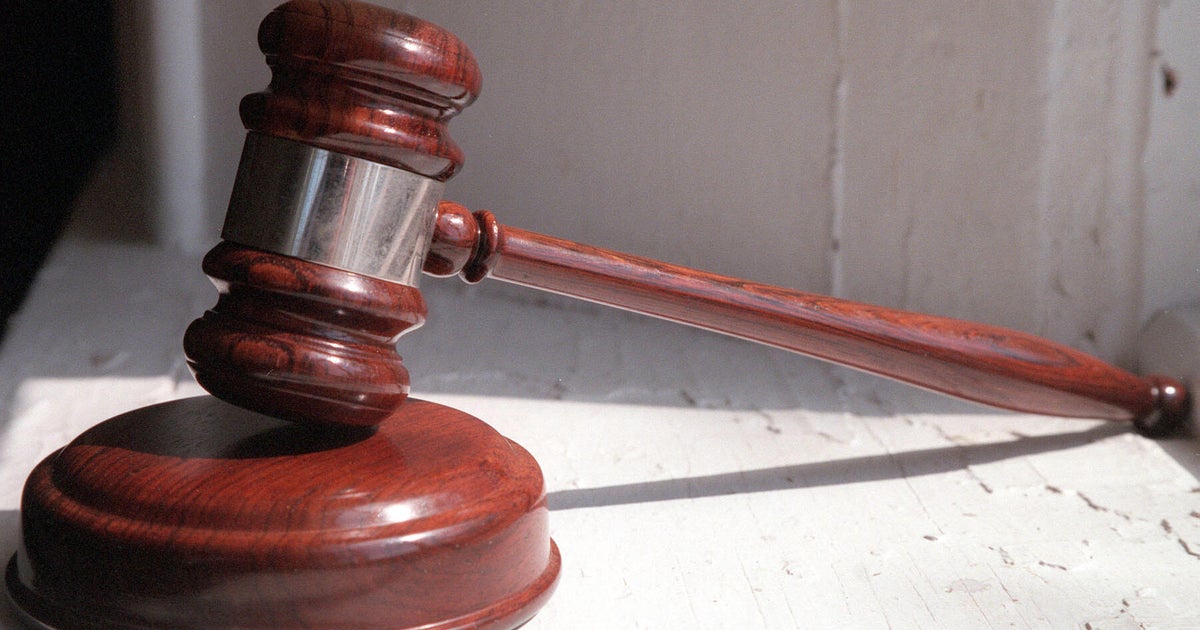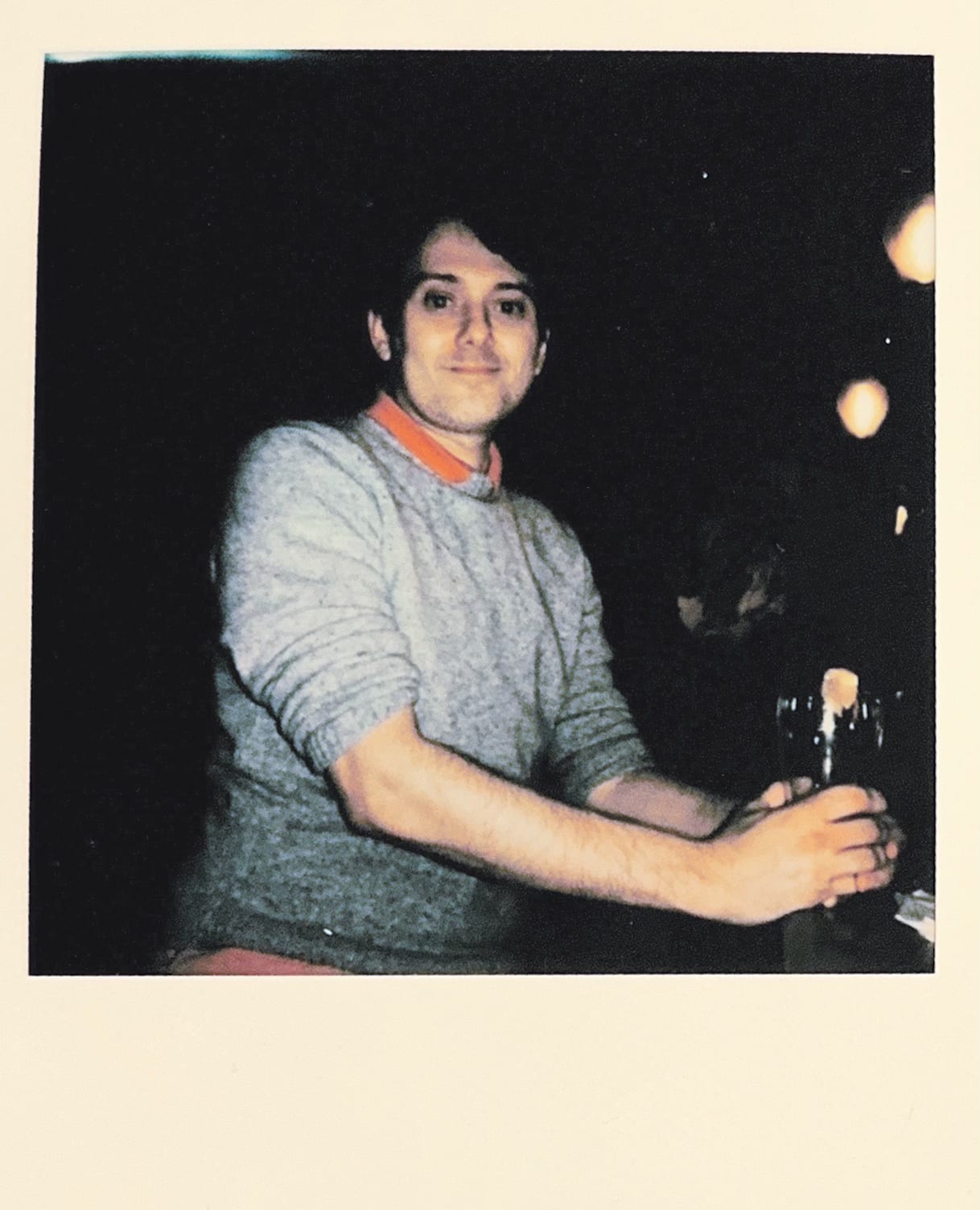"Pharma Bro" Shkreli's saga could end with a decade in prison
"Pharma Bro" Martin Shkreli is facing his day of reckoning Friday, when a judge will hand down a sentence for securities fraud.
A federal judge in Brooklyn will weigh two conflicting portrayals of the ex-pharmaceutical CEO: Is Shkreli a master manipulator who conned wealthy investors or a misunderstood eccentric who used unconventional means to make those same investors even wealthier?
The stakes are high: The defense wants U.S. District Judge Kiyo Matsumoto to give Shkreli a sentence of 18 months or less because, in the end, his investors in two failed hedge funds got all of their money back and more from stock he gave them in a successful drug company. Prosecutors say he deserves at least 15 years behind bars for pilfering funds behind his investors' backs to start the drug company and cover up his fraud.
Shkreli, 34, became notorious for raising the price of a life-saving drug by 5,000 percent and trolling critics on the internet with his snarky "Pharma Bro" persona. He defended his decision to boost the drug's price, saying it allowed his company to earn a "reasonable profit."
"Well, it depends on how you define so drastically. Because the drug was unprofitable at the former price, so any company selling it would be losing money," he told CBS News in 2015. "And at this price it's a reasonable profit. Not excessive at all."
To make its case for leniency, the defense asked the judge to consider several letters from Shkreli and his supporters, which included professionals he worked with who vouched for his credentials as a self-made contributor to pharmaceutical advances.
Other testimonials were as quirky as the defendant himself. One woman described how she became an avid follower of Shkreli's social media commentary about science, the pharmaceutical industry, but mostly, about himself. She suggested that those who were annoyed by it were missing the point.
"I really appreciate the social media output, which I see on par with some form of performance art," she wrote.
Another supporter said Shkreli's soft side was demonstrated when he adopted a cat from a shelter — named Trashy — that became a fixture on his livestreams. Another letter was from a man who said he met Shkreli while driving a cab and expressed his appreciation at how he ended up giving him an internship at one of his drug companies.
And then there was this from Shkreli: "I was wrong. I was a fool. I should have known better."
In court filings, prosecutors argued that Shkreli's remorse about misleading his investors was not to be believed.
"At its core, this case is about Shkreli's deception of people who trusted him," they wrote. "Indeed, he compounded the lies with a pattern of corrupt behavior designed to cover up those lies. He lied to get investors' money, he lied to keep them invested in his funds and he lied once those investors wanted their money back."
Even after his arrest in 2015, Shkreli went against his lawyers' advice to lay low by taunting authorities in Facebook posts. And after his conviction last year, the judge revoked his bail and jailed him when he said he would pay a $5,000 bounty to anyone who could get a lock of Hillary Clinton's hair while the Democrat was on a book tour.
The defense suffered a setback earlier this week when the judge ruled Shkreli would have to forfeit more than $7.3 million in a brokerage account and personal assets including his one-of-a-kind Wu-Tang Clan album that he boasted he bought for $2 million. The judge said the property would not be seized until Shkreli had a chance to appeal.



